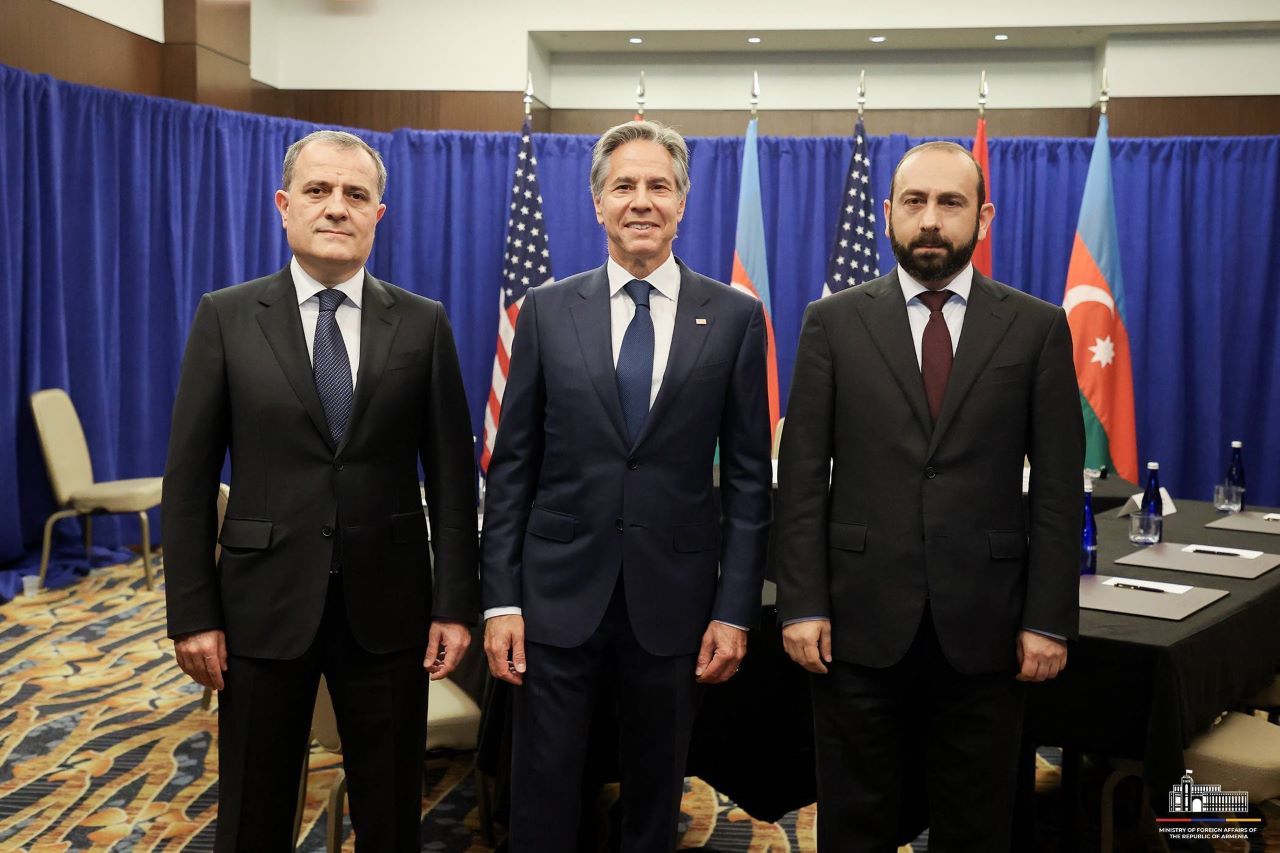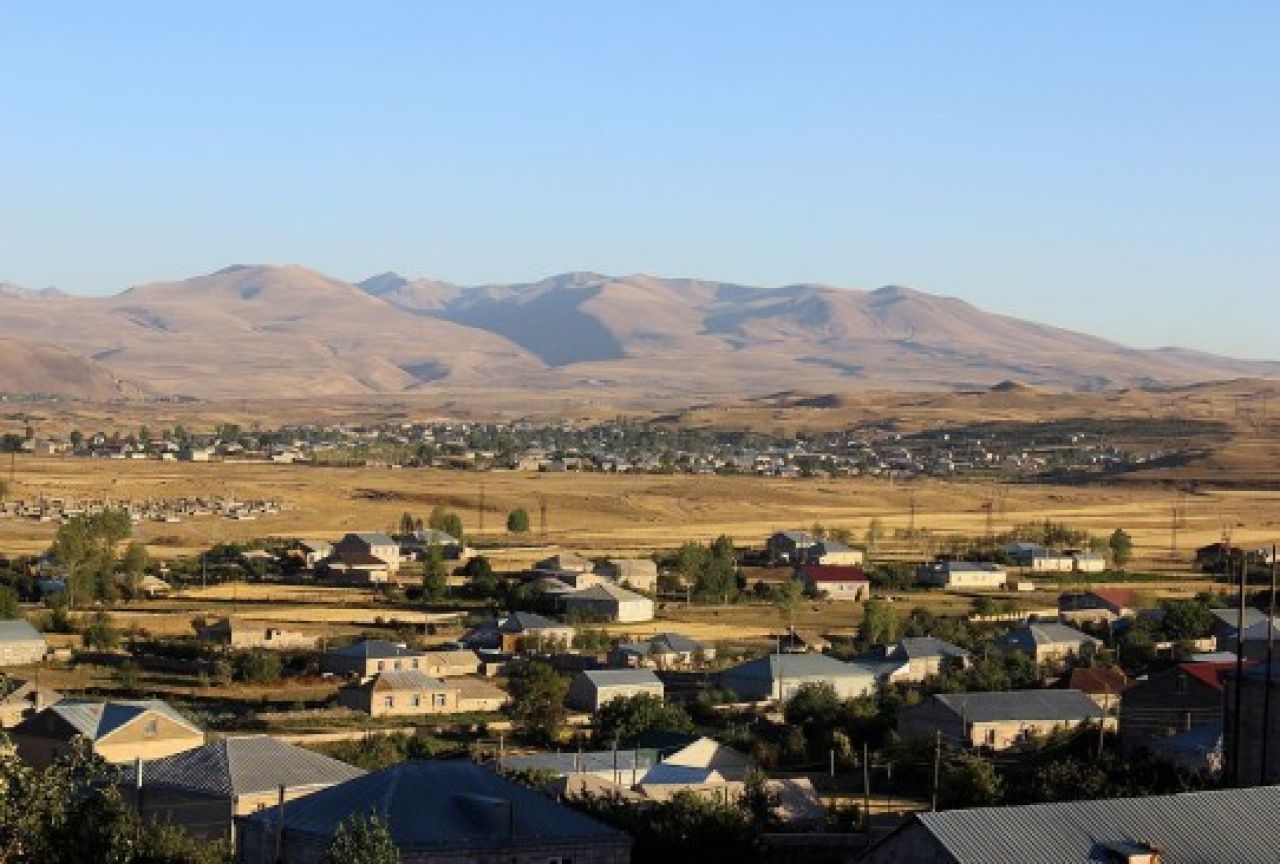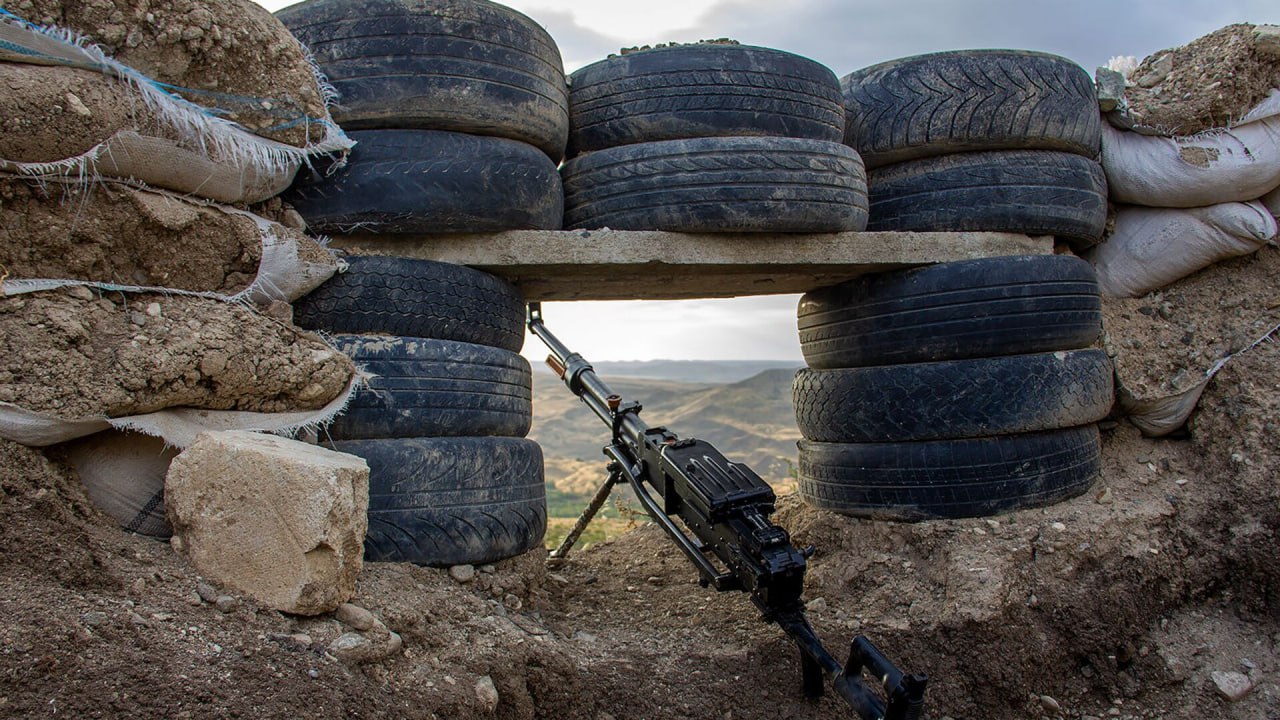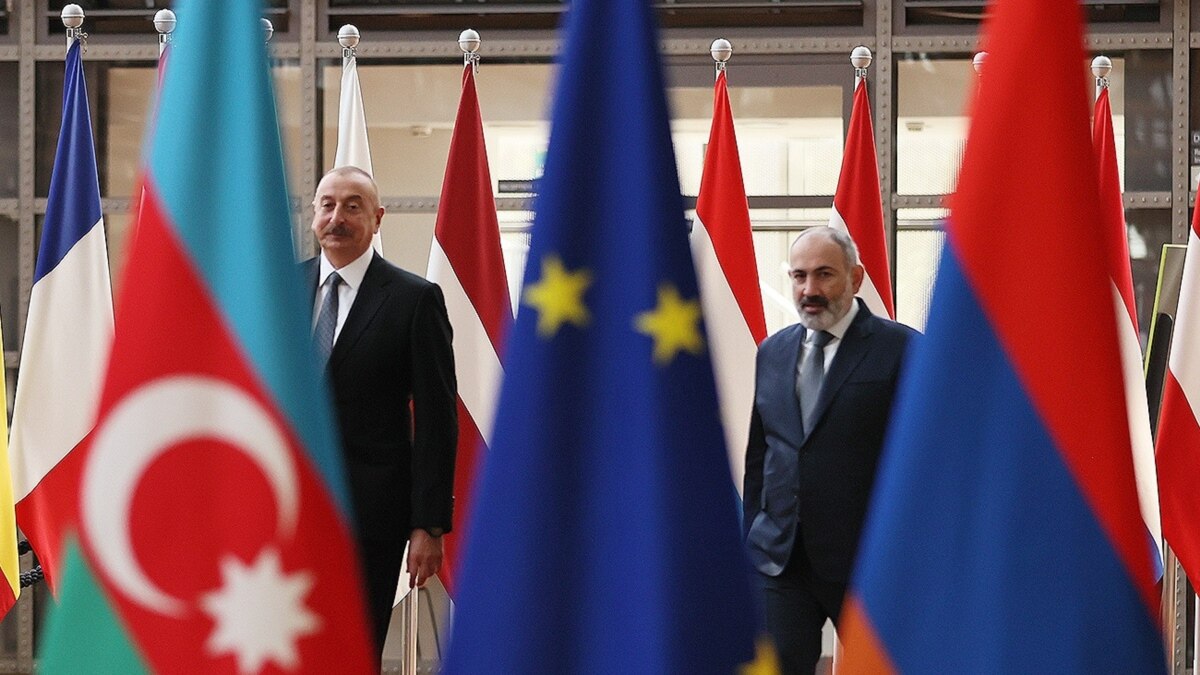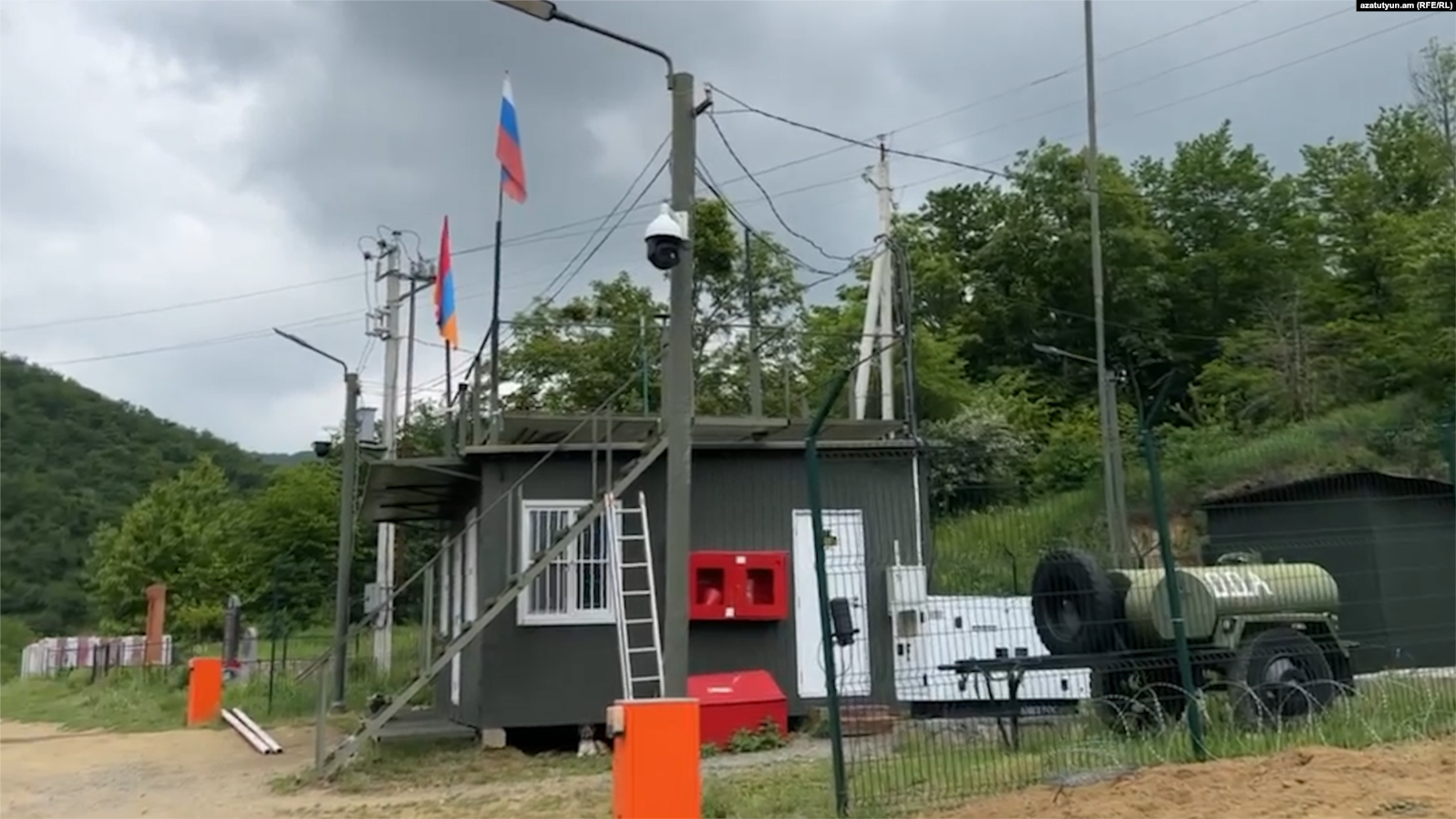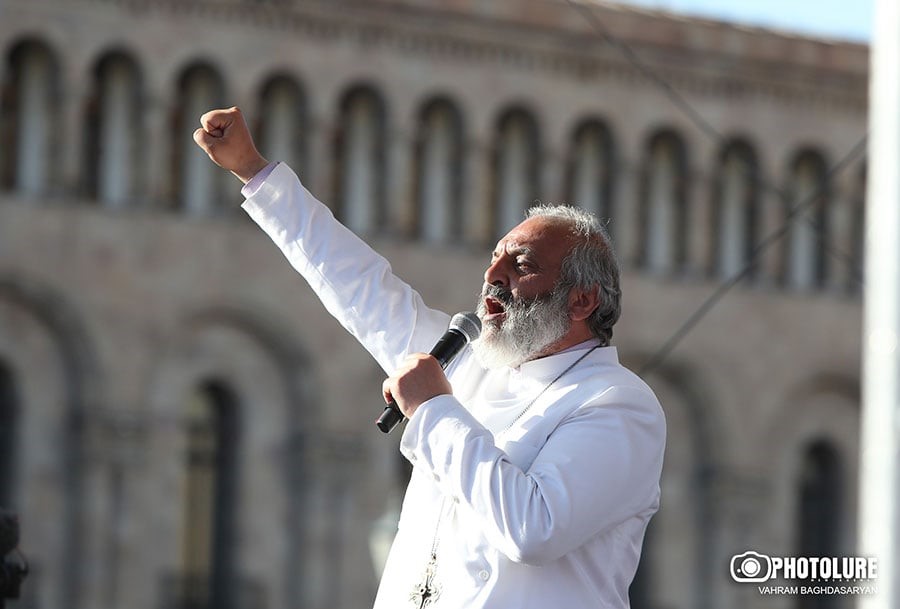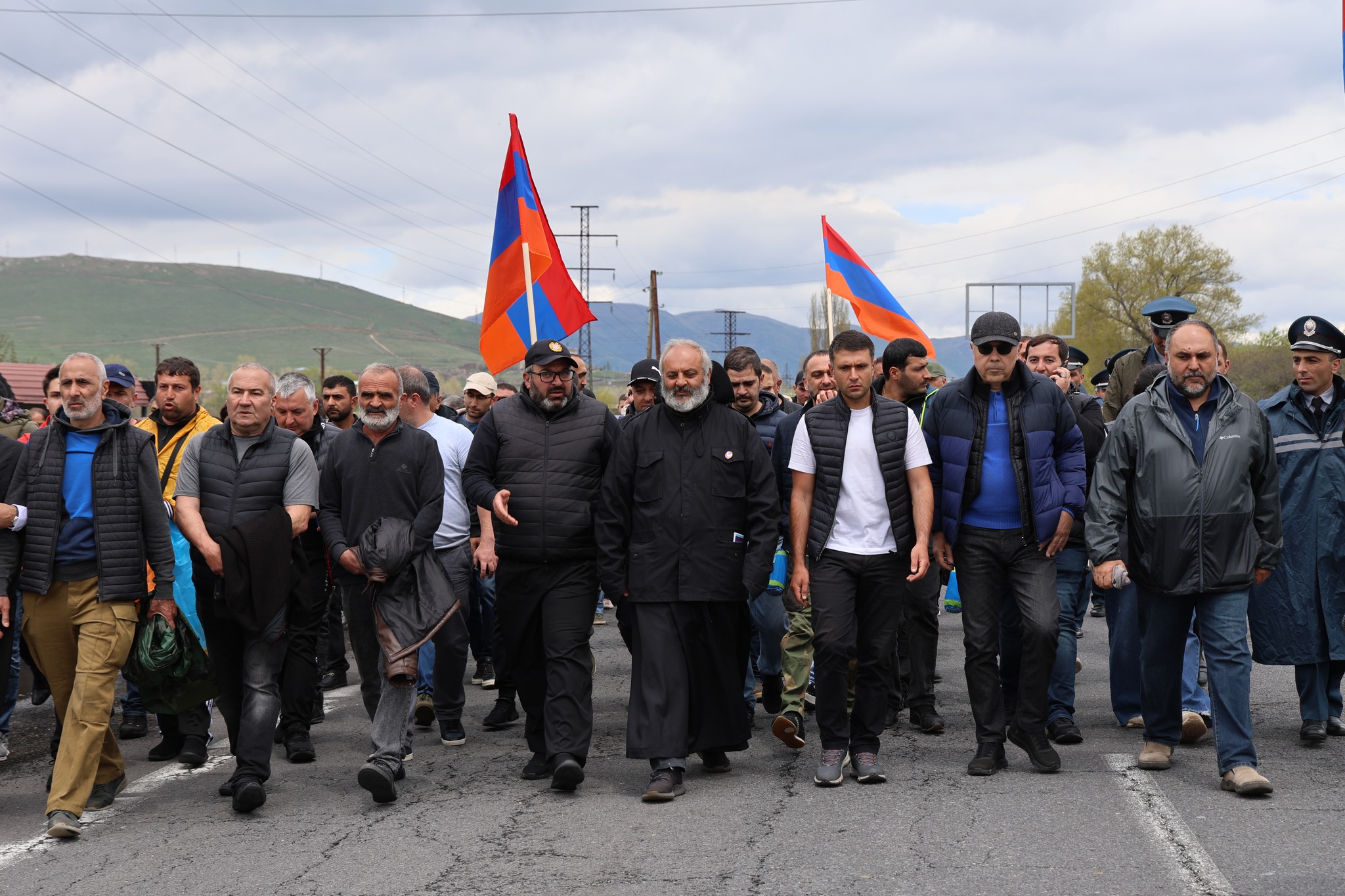“People want to get to know each other”: what Armenians and Azerbaijanis discuss in Caucasian Crossroads Facebook group
The Caucasian Crossroads Facebook group was launched by Armenians and Azerbaijanis who do not want war. There, they mainly discuss “universal” topics, without delving into history and politics, without generalizing, without trying to find fault with toponyms and without accusing anyone of anything.
Considering the atmosphere of mutual enmity in the Armenian and Azerbaijani societies, incredible things happen in this group: Armenians and Azerbaijanis congratulate each other on the holidays, express condolences if someone lost their loved in war, and even discuss the situation on the Armenian-Azerbaijani border without slipping into mutual accusations.

The group admins we spoke to are Lala and Rosa but the Caucasian Crossroads team is larger because there are many participants in it.
Lala and Rosa both admit that it is sometimes hard to ensure a comfortable environment in the group, and it was especially difficult immediately after the war.
Rosa: It’s not an easy job – you always have to be on the lookout here. Sometimes the post had to be closed at night so that the admins could sleep peacefully. In the first months there were conflicts, but slowly everything fell into place.
Lala: The group was created in January, that is, it arose after the war, but we noticed that it has become easier over time, emotions have calmed down a bit. We often skip posts on the topic of conflict, without fear of quarrels breaking out.
The posts in the group are pre-moderated, but one still needs to follow the discussions in the comments.
Rosa: There was one post by an Azeri user asking “do you consider yourself Azeri Turks or not”. In the comments, quarrels began among Azerbaijanis, and the owner of the post deleted it. We realised that we need to be more careful with such topics in the process of pre-moderation.
Now both sides are tired of the war and do not want it to continue (with the exception of ardent nationalists). People want to find common ground, figure it out, get to know each other. They think about children, about their future. We even made a separate topic about stereotypes, where everyone can share the stereotypes they know about Armenians or Azerbaijanis. It is very useful for establishing ties between people.
Lala: From what I had to delete, I was most surprised by the cynical comment justifying terrorism.Things like that also happen, but quite rarely. When it comes to the most memorable posts – for example, recently there was a post about searching for similar phrases in the Azerbaijani and Armenian languages, it got more than 500 comments. The group members were pleasantly surprised at how much they found in common between two languages.
Naturally, the administrators of the Caucasian Crossroads are attacked from time to time by aggressive patriots, but they are already used to it.
Lala: I expected this, so it makes me smile. We are constantly accused of working for Azerbaijani or Armenian propaganda. We think we are good at keeping the balance, since the accusations are coming from both sides. One participant once said that I was going to “turn the region into Afghanistan”, but she could not explain why.
Rosa: I was criticised by my friends a lot. I was told that what I am doing is wrong, “they were killing us” and other standard phrases like that. One of my acquaintances said that she would never be friends with the Turks. But when I published a post about carpets 8 months later, she began to reply to Azerbaijanis in the comments without any signs of aggression. Time helps. And I do not regret for a moment that I continued to be friends with Azerbaijanis, I hope that with my example, I was able to show some Armenians that we are all people.
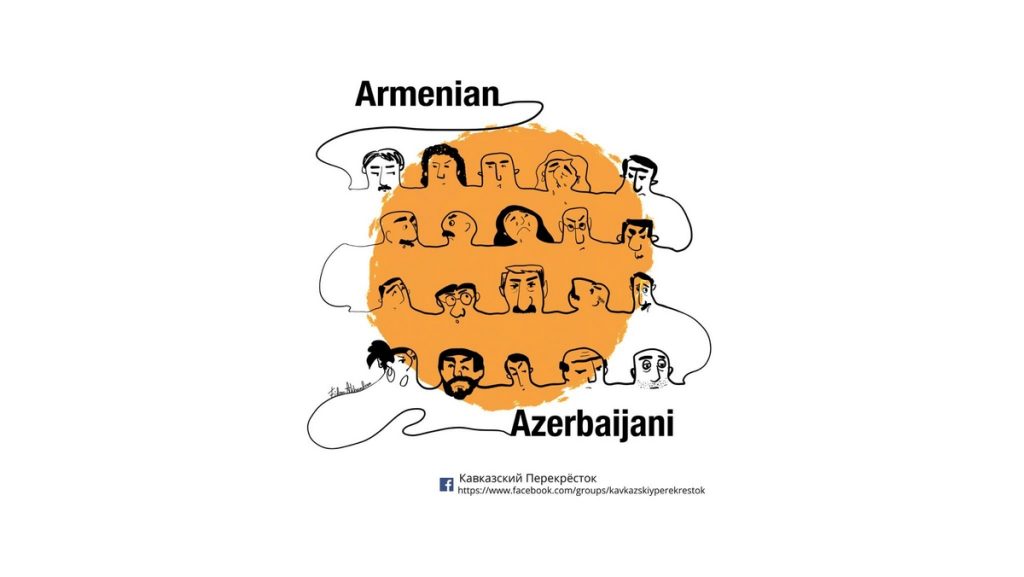
The more criticism they get, the more pleasant it is for the Caucasian Crossroads team to receive messages from people thanking them and the group that helped them get rid of hatred and stereotypes.
It is encouraging that the majority of users live in Armenia and Azerbaijan, and not abroad. Will this and similar platforms somehow influence the mood in two societies that are now farther apart than ever?
Lala: I’m not so optimistic about the group’s influence: we have about 1600 members across 2 countries now, it is not such a large sample. In addition, the group is Russian-speaking, sometimes there are English-speaking users, but it turns out that we are losing people who do not speak these languages. Our goals are simpler – a group is a platform where some, perhaps, will be able to destroy stereotypes, and others, for the first time, will be able to communicate with a representative of the “enemy side”.
Rose: I just want the neighbors to live in peace. I want to be able to come to Baku when I feel like it and for my friends to be able to do the same. I want my country to flourish. I want parents not to give birth to children only to lose them. No one is better than us. Other countries are friends with their neighbors, and all we do is fight. Therefore, my day begins with the group and ends with it. 24 hours a day, 7 days a week.
Trajectories is a media project that tells stories of people whose lives have been impacted by conflicts in the South Caucasus. We work with authors and editors from across the South Caucasus and do not support any one side in any conflict. The publications on this page are solely the responsibility of the authors. In the majority of cases, toponyms are those used in the author’s society. The project is implemented by GoGroup Media and International Alert and is funded by the European Union











